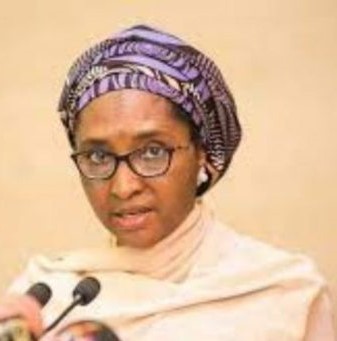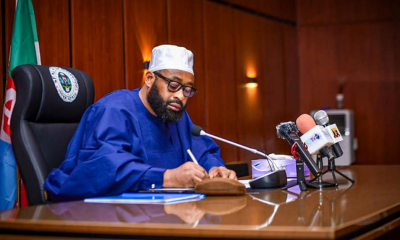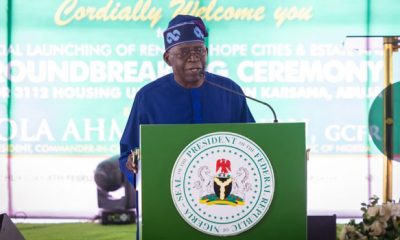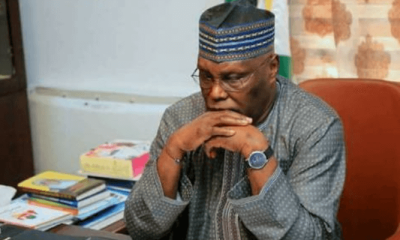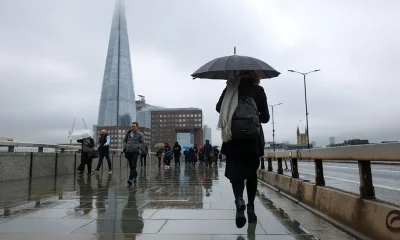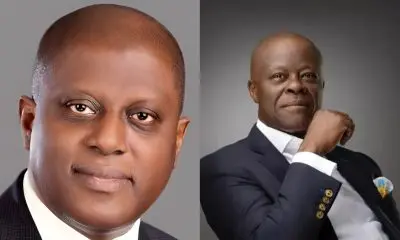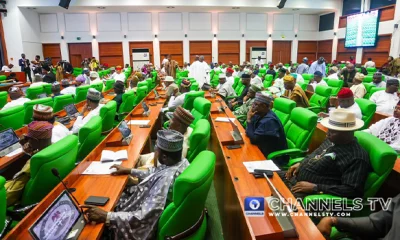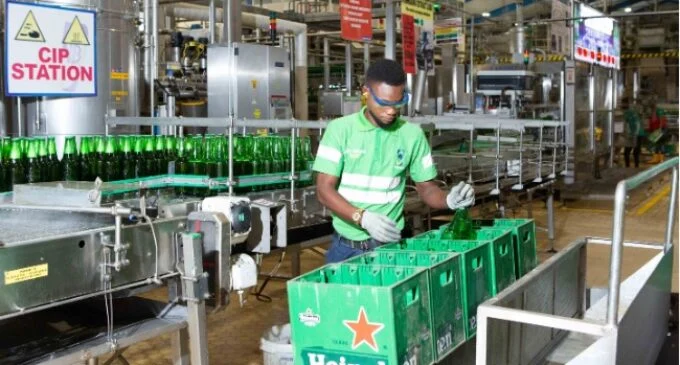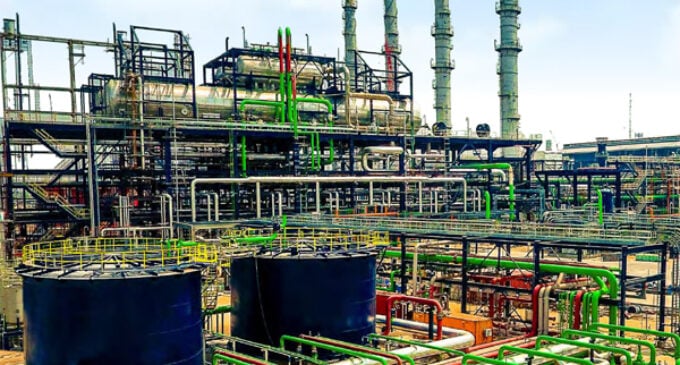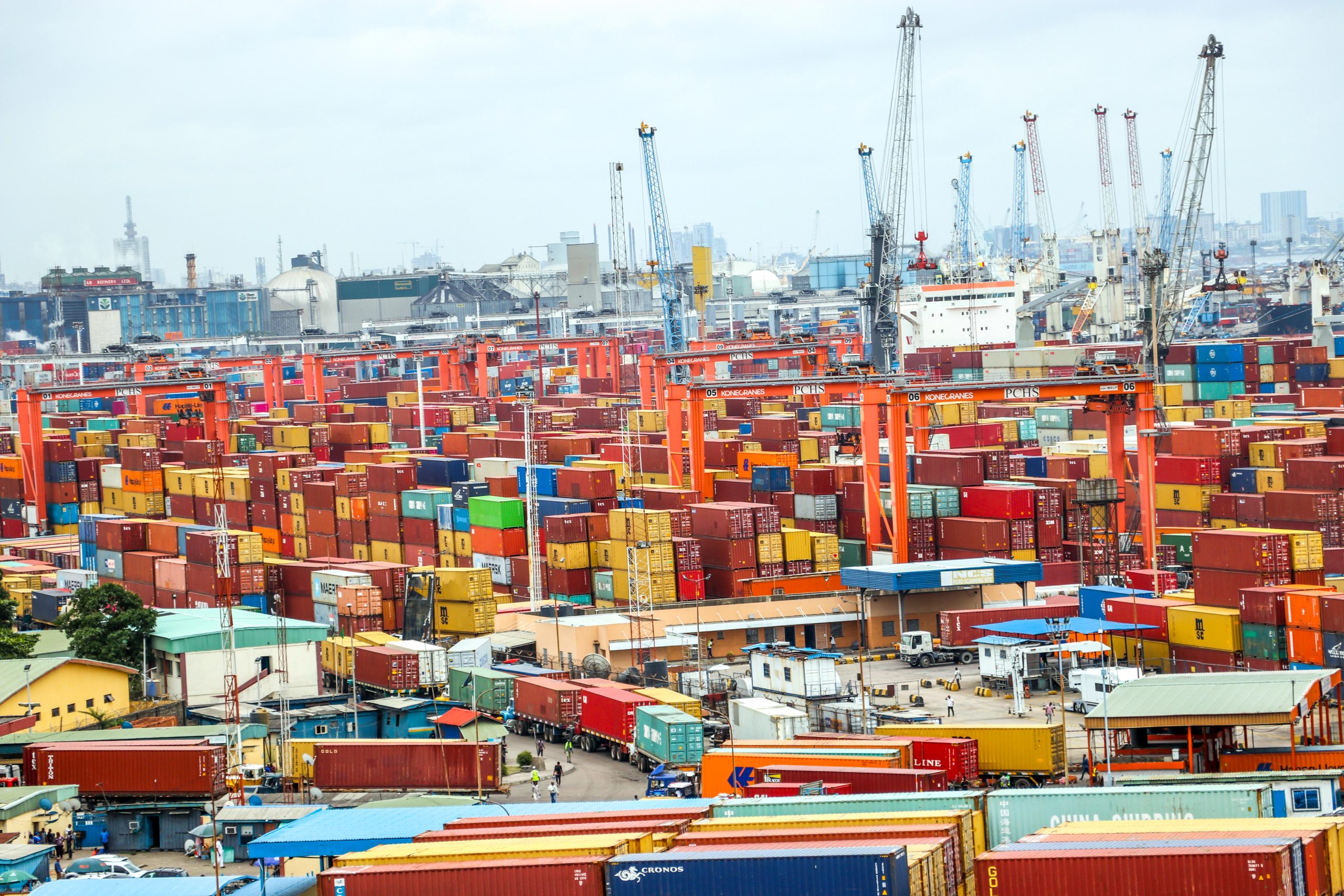The Minister of Finance, Budget and National Planning, Zainab Ahmed, has admitted that Nigeria’s economy was facing a difficult time, adding that states must improve their internally generated revenues.
Ahmed, who stated this in an interview on a daily breakfast show on the Nigerian Television Authority, Good Morning Nigeria, stated that the money shared at the March Federation Account Allocation Committee meeting was short of N50bn.
The minister was speaking on a controversy generated by a claim by the Edo State Governor, Godwin Obaseki, that the Central Bank of Nigeria printed N60bn in March to augment the money shared at March FAAC.
But the minister and the CBN Governor last week dismissed Obaseki’s claim.
In the interview on the NTA on Monday, the finance minister stated the country’s economy was stabilising from the recession, which the country exited a few months ago.
She, however, added, “These are very difficult challenging times because revenues are low and the demand for expenditures are very high understandably because we have to keep intervening to make sure the pandemic is contained as well as the economic impact it has caused.
“In our case in Nigeria, the crash of the crude oil prices really hit us very hard in terms of revenue. We have very low revenues, we have very high expenditures. What we have done so far is just to provide some stability to make sure salaries are paid, pensions are received every month; that we send funds to the judiciary and the legislature; that we meet our debt service obligations.
“That’s what we are doing. It also means we have had to borrow more than we have planned before the COVID-19 started because we need to still continue to invest in infrastructure using our national budget. We borrowed to invest in key projects such as roads, rail, airports, seaports and several other investments that are required in health and in education and upgrading the social standards and quality of life of our people and Nigeria is not unique as several countries of the world went into recession.
“Almost every other country has had to borrow more than it planned. It means we expanded our deficit very fast in 2020. 2021 is a year that we see as the year of recovery.”
According to him, government hopes to achieve a growth of three per cent in 2021, adding that some of the multilateral institutions are putting it at 2.5 per cent.
She stated, “It is a very difficult time. I can explain to you how difficult it is, not just for the Federal Government but also for the states. We see increasing reductions in our FAAC revenues; FAAC revenues are the revenues that we put together every month, that are collected from both oil and non-oil sectors from the collection of the NNPC (Nigerian National Petroleum Corporation) the FIRS (the Federal Inland Revenue Service) and all other revenues collection agencies.
“ So, FAAC reduces and whenever FAAC reduces, it is a very difficult situation and in the past one year, we have tried to fall back on some specific accounts that are meant to be saved; savings that when you have such a situation, you fall back on the resources and augment.
“So, we take funds based on Mr President’s approval either from Excess Crude or Stabilisation Account or in some cases, President approved for us to take funds from LNG (Liquefied Natural Gas) dividends. In the month of March, we had a shortfall of FAAC that was about N50bn; we didn’t have enough accrued in any of those accounts other than some N8.5bn that we took from exchange rate differential account so we added that and we ended up with the FAAC of N605bn.

 News3 years ago
News3 years ago
 Entertainment2 years ago
Entertainment2 years ago
 News3 years ago
News3 years ago
 Privacy3 years ago
Privacy3 years ago
 Sports2 years ago
Sports2 years ago
 Entertainment2 years ago
Entertainment2 years ago
 News3 years ago
News3 years ago
 Opinion3 years ago
Opinion3 years ago
